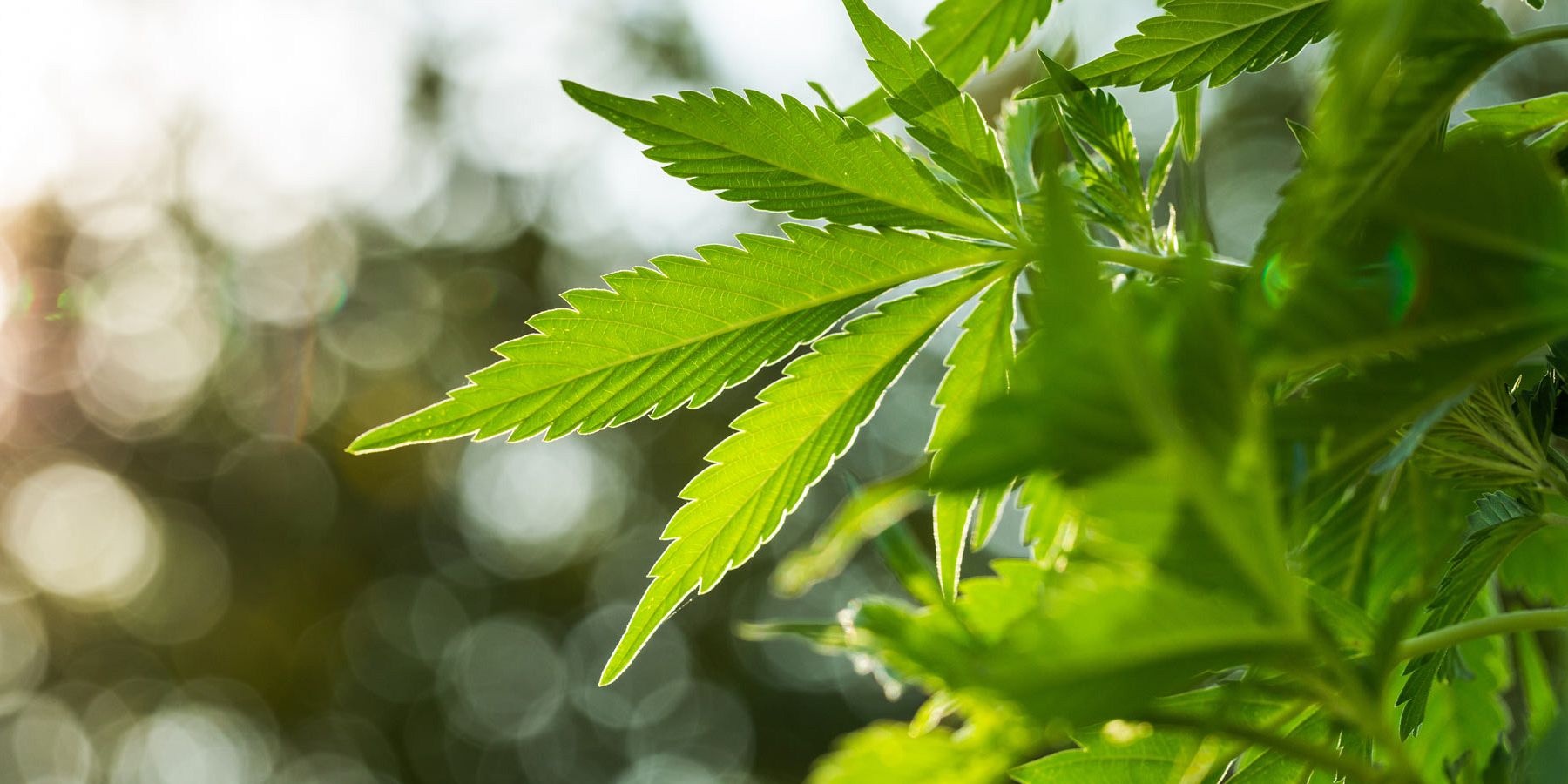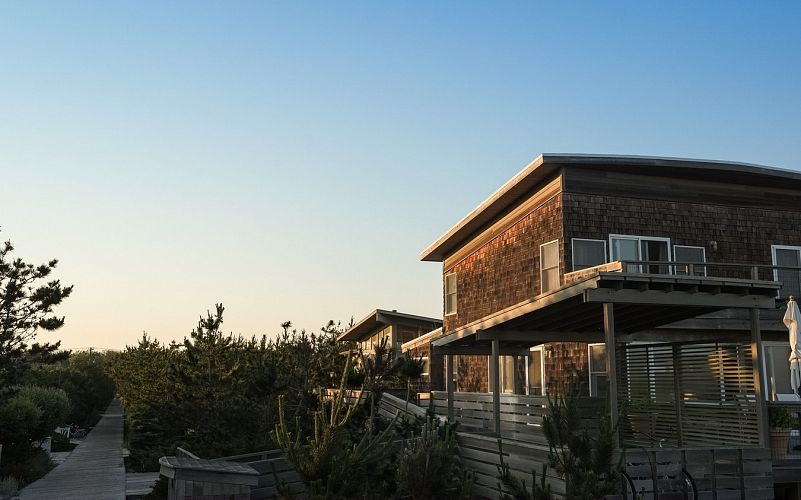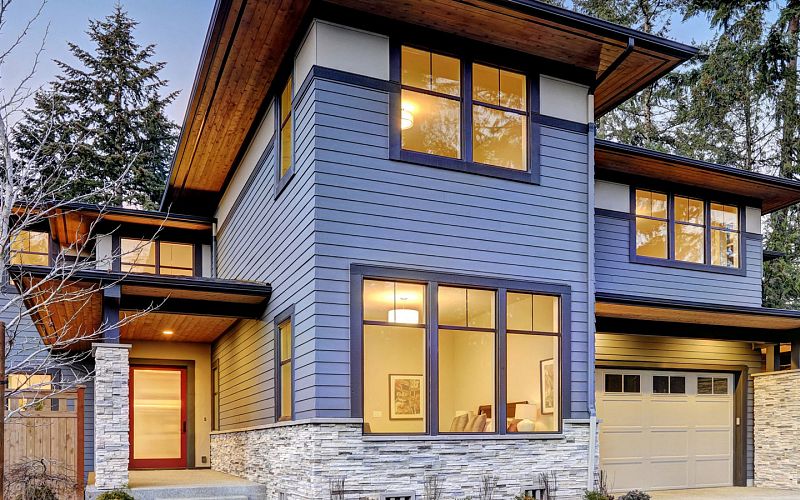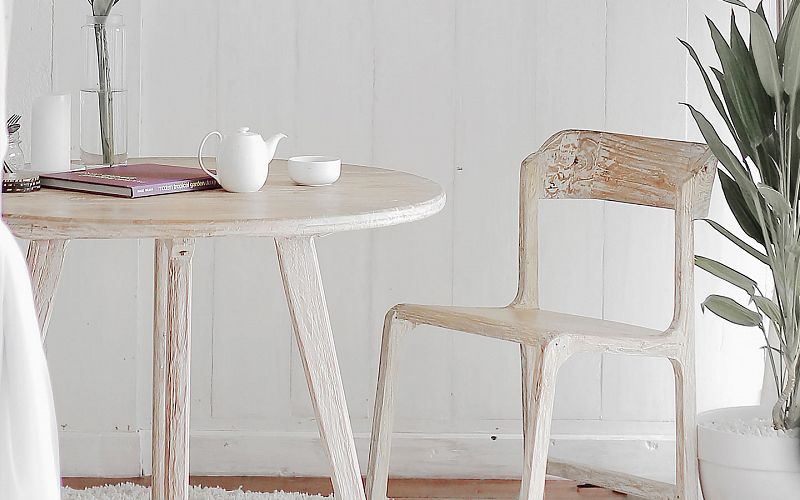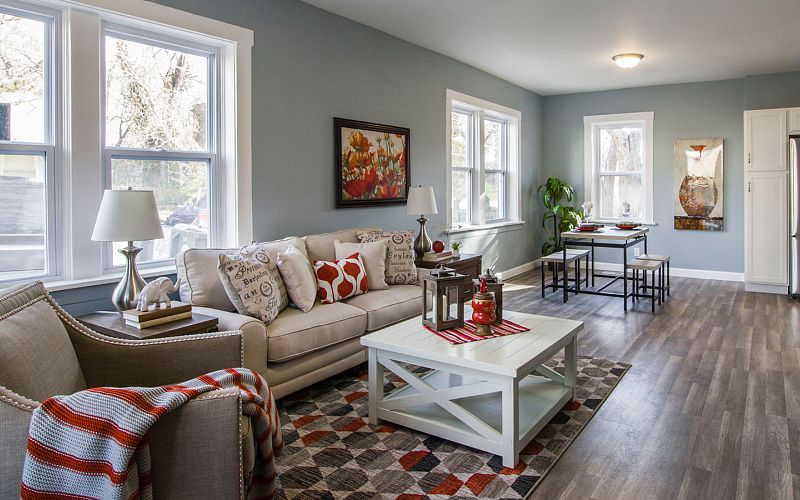With the recent legalization of cannabis, it’s important to understand how it could affect one of the biggest investments in your life: your home. Before you attempt to grow cannabis in your home, or consider purchasing a home that was used to cultivate cannabis, you should be informed of the risks and consequences that it can bring.
There are risks attached to making any changes to your home, that much is clear. But growing and cultivating cannabis can damage your home, complicate the terms of your mortgage when it’s up for renewal, affect your insurance coverage and affect your home’s property value.
Buyers might think twice
According to a survey done by Zoocasa, 52% of Canadian homeowners might think twice about buying a home that had been used to grow and cultivate cannabis. Even the legal amount. This could affect the perceived value of your home, and, in turn, your ability to sell it and the price you might get for it.
These misgivings about properties used for cannabis cultivation are not unfounded. Cannabis isn’t your average house plant. It requires significantly more light, nutrients and water than normal plants. Throughout the cultivation process, cannabis plants can produce enough moisture to match five to seven regular plants. With the legal amount being four plants in your home, that is a lot of moisture you have to control.
This makes cannabis cultivation a high risk for mould and moisture damage in the home. On top of this, the wiring in the home could also be compromised if it has been altered to run powerful lights to cultivate cannabis, creating a fire hazard. Various chemicals, if used for plant growth, can affect indoor air quality and cause allergy and respiratory problems.
Currently, there is no official standard for remediation for homes damaged by cannabis. Because of this, a lot of homebuyers are opting to give homes where cannabis was grown a pass because it’s not worth the risk.
Cannabis can complicate insurance, mortgage and financing
Cannabis cultivation may result in higher home insurance premiums and most home insurance policies will not cover home damages that result from the practice. It’s also important to note that most will not cover unrelated damages to your home if there is cannabis being grown on the property.
You may also experience complications when your mortgage comes up for renewal.
Information is key
Talk first, do later. Make sure you have a clear conversation with your lender and home insurance company to understand any potential implications for insurance coverage and mortgage terms of your home.
If you have a strata council, make sure to ask them what their policy is on growing, cultivating and consuming cannabis. Check for any exclusions that may apply.
If you’re thinking about selling your home in the near future, consider talking to your REALTOR® about the potential implications for property value and overall buying appeal.
Homebuyers are also at risk
If you are considering buying a home once used to grow cannabis, you’ll want to make sure you know the risks and how to mitigate them. These can include potentially affected property values, property damage, stigmatization, financing and insurance risks. A REALTOR® can advise and guide you through the buying process and will know the best course of action to take to purchase your new home safely: what to watch for, who to call, how to negotiate and when to walk away.
You should also be aware that the presence of cannabis may result in difficulties receiving financing for the home. Some lenders may opt to add additional premiums to homes where cannabis has been cultivated and some may not offer a mortgage for the property at all.
Potential buyers, lenders and insurers are clearly hesitant, not surprising given the newness of the situation and the lack of guidelines for safe growing and remediation. Since your home may likely be the largest investment you will make in your life, it’s important to proceed with caution when considering growing cannabis.

